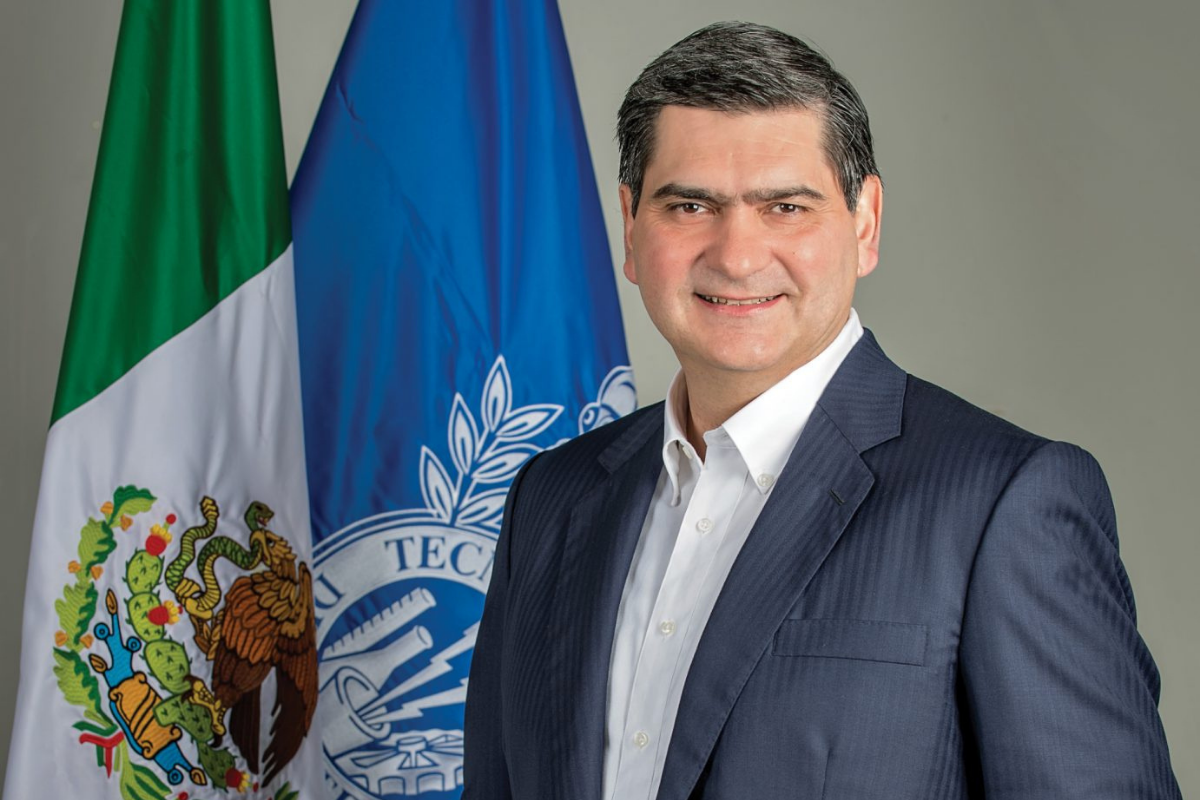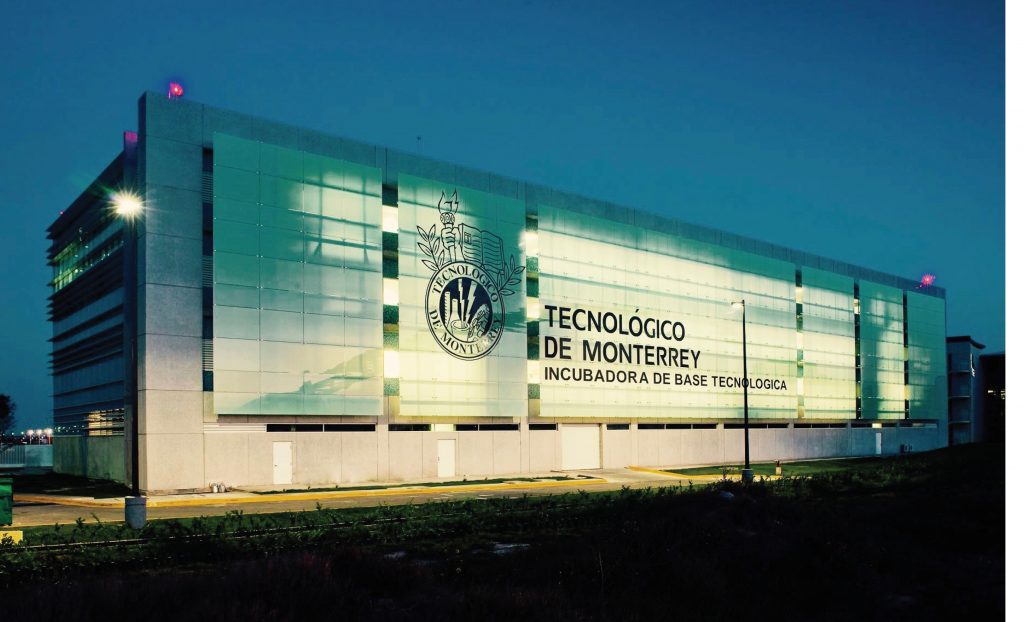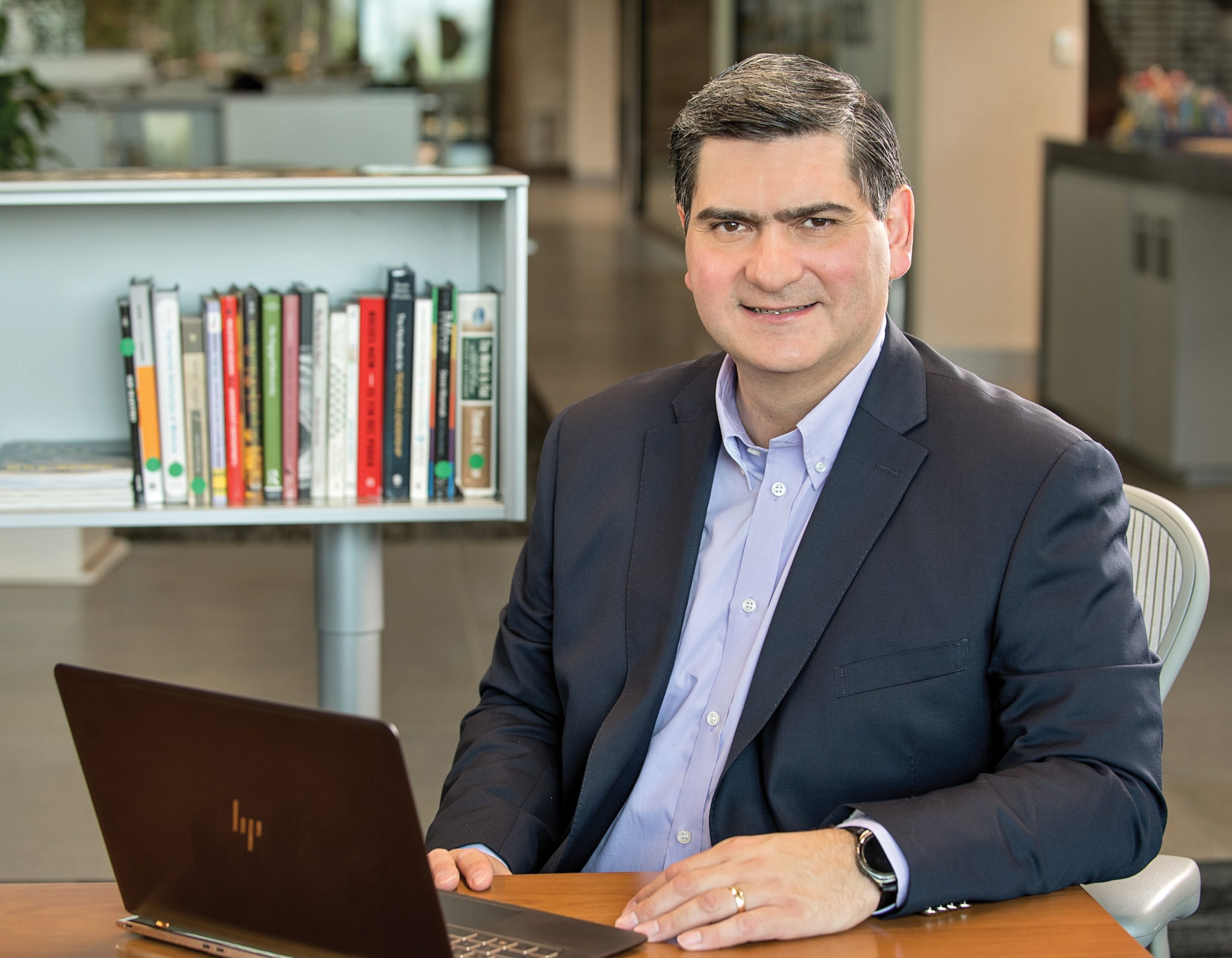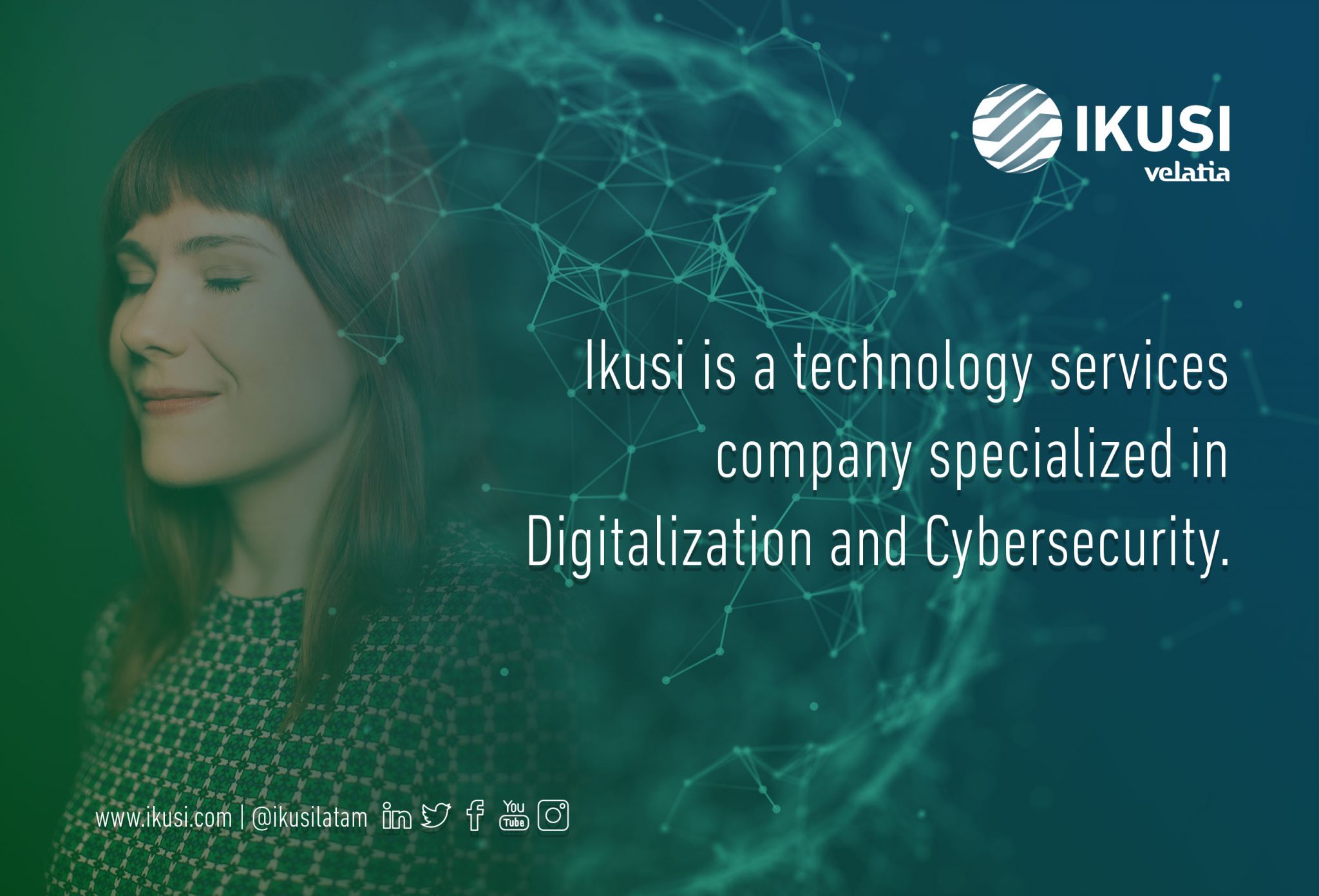Growing up in the Mexican city of Monterrey in a middle-class family, it was David Garza’s dream to study tech. Now, as President of Tecnológico de Monterrey, he is living proof that with tenacity and hard work, dreams can come true. And even more, they can be bigger and better than one could ever imagine.

Tecnológico de Monterrey, founded in 1943, is the largest, not-for-profit private multi-campus university system in Latin America. “I was a first-generation student; none of my parents or grandparents had the opportunity to go to college,” David tells The CEO Magazine. “I was lucky to receive a scholarship to obtain my degree, as my family didn’t have the resources to sponsor my education. So for me to study at Tecnológico de Monterrey and then graduate, it was like a dream come true.”
After graduation, David went to work for a large firm, using his degree in computer science. Despite his success, he didn’t feel that spark, that passion for his career. Around that time, Tecnológico de Monterrey, which boasts more than 30 campuses in 29 cities across Mexico and liaison offices in 13 countries, was looking for new staff. And he was keen.
“I was very interested in the fact that there was an opportunity to get involved in teaching. So, I went to Colorado to pursue my PhD,” he shares. The rest is history. “For the past 35 years, I’ve been working with Tecnológico de Monterrey; first as a software developer, then an undergraduate professor, and later as the Dean of the graduate programs of the school of Information Technology and Electronics. After that, I was appointed as Dean of the School of Engineering.”

David’s ascent through the university continued, and saw him take on the role of General Director of the San Luis Potosi campus. And just last year, he was appointed to the position he’s in now as President. It’s a career progression he couldn’t be more proud of.
“Tecnológico de Monterrey has a leading role in Mexico,” he explains. “Over the past roughly 78 years since the school’s inception, our graduates have created more than 2.8 million jobs, 40 per cent have founded a company, and together, they have generated the equivalent of 19 per cent of the overall gross domestic product of Mexico for one year. There’s clear evidence of just how important our impact is on our country.”
A Global Impact
Now, David wants to take that transformative impact and share it with the world. “We believe that we are at a point where we can move beyond Mexico, becoming more of a global institution,” he says. “This is the opportunity to advance towards becoming a world-class university that attracts talent from around the world and contributes to important global issues – not just through the education of our students or through teaching, but also by the creation and transfer of knowledge.”

Our graduates have created more than 2.8 million jobs, 40 per cent have founded a company, and together, they have generated the equivalent of 19 per cent of the overall gross domestic product of Mexico for one year.
To achieve these lofty goals, David and his team devised a range of key initiatives. The first involves attracting “topnotch talent” from around the world to help strengthen the school’s research capabilities. The next touches on the curriculum.
“For our undergraduate students, the curriculum and the way they learn is very different from what it has been over the past 70 or so years. And the world, itself, is also very different,” he explains. “We devised the Tec21 educational model, which shifts from a curriculum based on courses with lectures to one where half is built upon real-world challenges, where students get to work with the faculty and those in the industry or within the community to solve current issues. This means that 50 per cent of our curriculum is no longer traditional courses; it’s experiences.”
It’s a bold move and one that has garnered Tecnológico de Monterrey a lot of attention. “We’ve been in publications from the BBC, Times Higher Education, World Bank and more,” David shares. “And it’s because we’ve woven this new model into not just one program or one semester, but for entire degree programs in all disciplines across all our different campuses. We consider ourselves leaders in the use of technology in education.”
And while it is a typical university in the sense that it provides a great education and does research and outreach, it also holds the promise of becoming so much more. “We see a chance to create an ecosystem of connection in learning on a platform,” David says. “To us, each activity is an opportunity to connect with different stakeholders around the world. We see ourselves becoming an institution that has more synergies, better relationships and greater impact at the international level.”
The final initiative takes into consideration the school’s internal operations. “These are the initiatives that will be driving our agenda until 2025,” he shares. “Our vision is: leadership, entrepreneurship and innovation for human flourish.”
A new way forward
With the COVID-19 pandemic added to the mix, David admits that things are a bit more challenging than they once were. And he’s certainly not naive to the impact a crisis of this magnitude will have on the education sector moving forward. “This pandemic is changing the world,” he nods.
“In the education sector, in particular, it’s already causing a big shift. The pandemic is bringing important changes to society, students, technology and the way that universities will operate in the future. It’s going to be very different from the way it’s always been in this new, post-COVID world.”
We need to be prepared for not adopting, but rather building what we see as the future of all these operations and models for higher education.
David offers an analogy that likens universities to black boxes. “Inside, many things happen, but you don’t quite know everything that’s happening inside. You receive students on one side and on the other side, they go out. What I see happening is that black box is going to open,” he says.
“In the not-too-distant future, I believe there will be more synergies between universities and corporations. And I think the educational process will be multimodal; it won’t just be face-to-face learning anymore. It’ll be a spectrum, a hybrid model. And instead of there only being an immersion for four years, there will be new models that are more freely flowing, underscored by the concept of micro-credentialing. So, we need to be prepared not for adopting, but rather building what we see as the future of all these operations and models for higher education.”
Human Sense
At Tecnológico de Monterrey, people are at the center of all its activities and initiatives. As such, the university holds itself to the highest standards of ethical and inclusive behavior and acts in service of others. That’s why it’s all about contributing to the transformation of society, promoting initiatives and programs that promote the “human sense” in students, employees and the community; building a more just and inclusive society and a sustainable world.
Aiding in this preparation is Tecnológico de Monterrey’s strategic business relationships. “Our suppliers are all a part of our great mission of educating the future leaders of Mexico, and that’s something we try to embed in their mindsets,” David points out. “They have been essential to helping us through the pandemic, moving courses to online learning and helping to take care of our students. To us, they’re more than suppliers, they’re partners.”
Proudly supported by:




